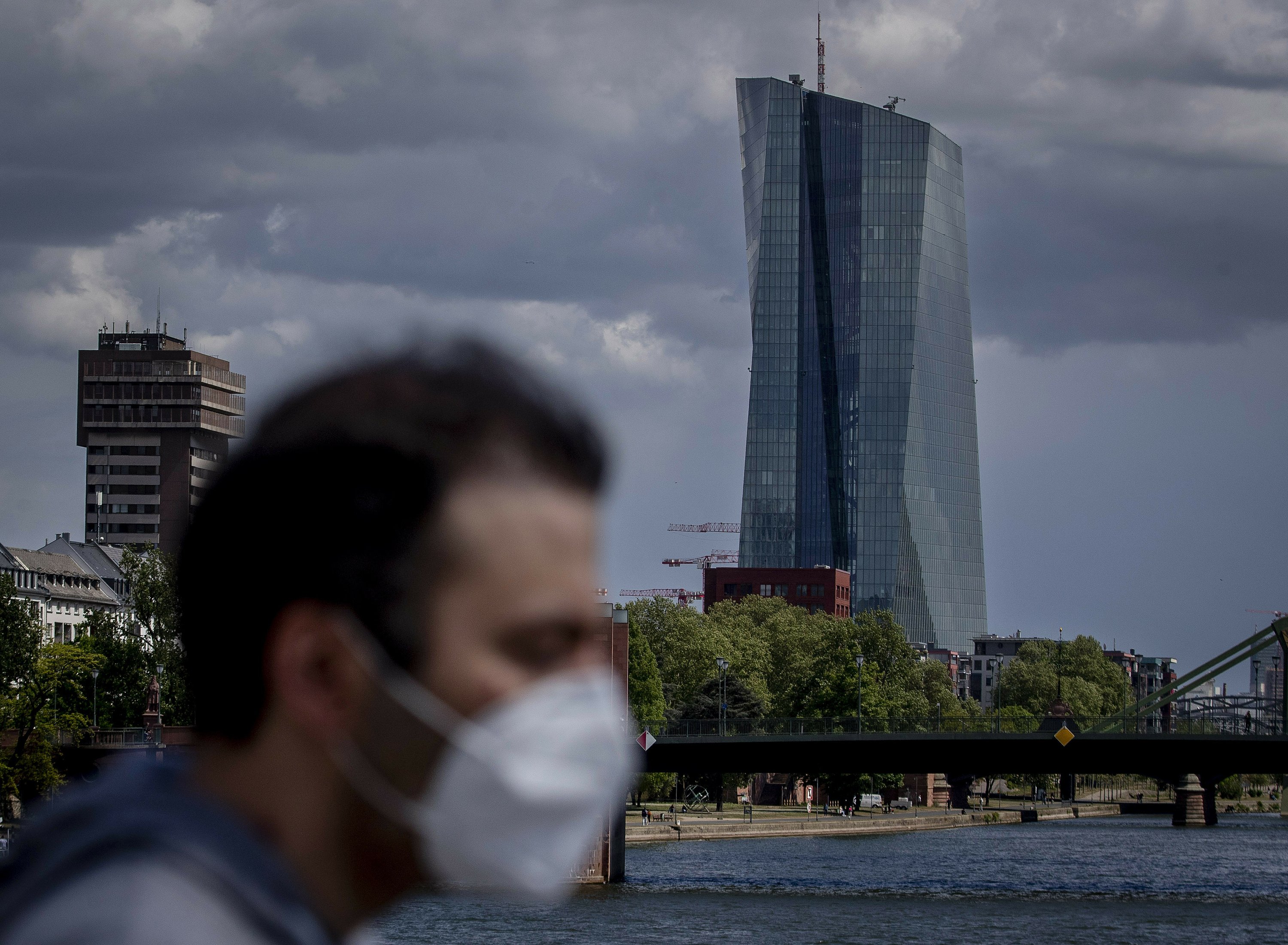8363
0
The weakness of the European economy continues
The weakness of the European economy continues. The ECB expects the eurozone economy to grow by four percent this year.

Yazar: Tom Roberts
Yayınlanma: 12 Mart 2021 21:55
Güncellenme: 3 Mart 2026 01:31
The weakness of the European economy continues
The European Central Bank (ECB) has not changed its macroeconomic forecasts for the eurozone, its head Christine Lagard said at a press conference after the meeting of the Governing Council. After a strong recovery in growth in the third quarter of 2020, euro area gross domestic product (GDP) fell by 0.7 percent in the last quarter of last year. It is estimated that for the whole of last year, real GDP fell by 6.6 percent, while the level of economic activity in the fourth quarter of last year was 4.9 percent lower compared to its pre-pandemic level at the end of 2019. Current indicators signal the continuing weakness of the economy in the first quarter of 2021. The reason is the ongoing pandemic and the associated restrictions. Therefore, euro area GDP is expected to decline in the first quarter as well. Economic development remains uneven across countries and sectors, with anti-pandemic restrictions affecting services more than industry, which is recovering faster. The ECB expects a significant recovery in economic activity in the euro area later this year. In the medium term, economic growth should continue to be supported by favorable financing conditions, expansionary fiscal policies and a recovery in demand for the phasing out of restrictions. The ECB's headline forecast projects euro area GDP to grow by 4 percent this year, 4.1 percent in 2022 and 2.1 percent in 2023. The economic outlook is virtually unchanged from the ECB's December forecast.İLGİLİ HABERLER





European stocks soared and focus shifted to German retail sales after Powell's speech!

Forex Signal For TRY/USD: Inflation Slowdown in November.

Forex Signal For GBP/USD: Bullish Trend Still Not Breaking While Recovery Continues.

Forex Signal For EUR/USD: Starry US Data Points to Higher Fed Increases.

Forex Signal For BTC/USD: Downside Continues as Bitcoin Recovery Moves Less.
En Popüler Haberler
Yorum Yap
Yorumlar
Henüz yorum yapan yok! İlk yorumu siz yapın...